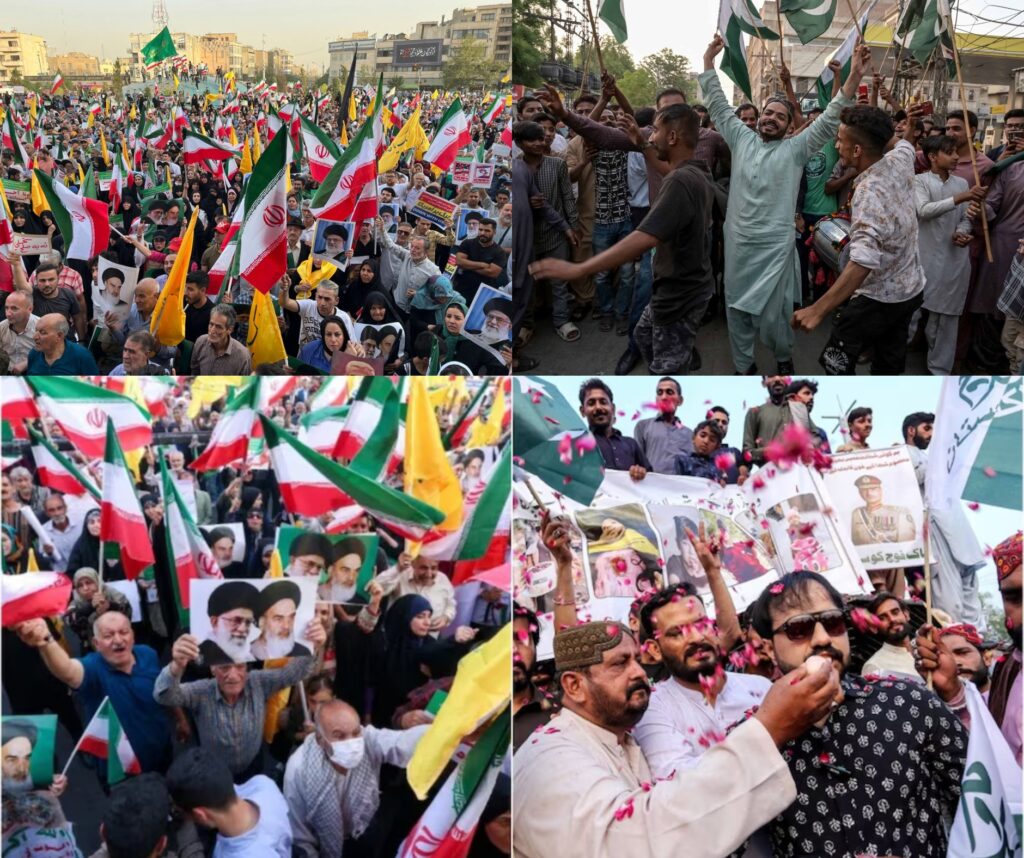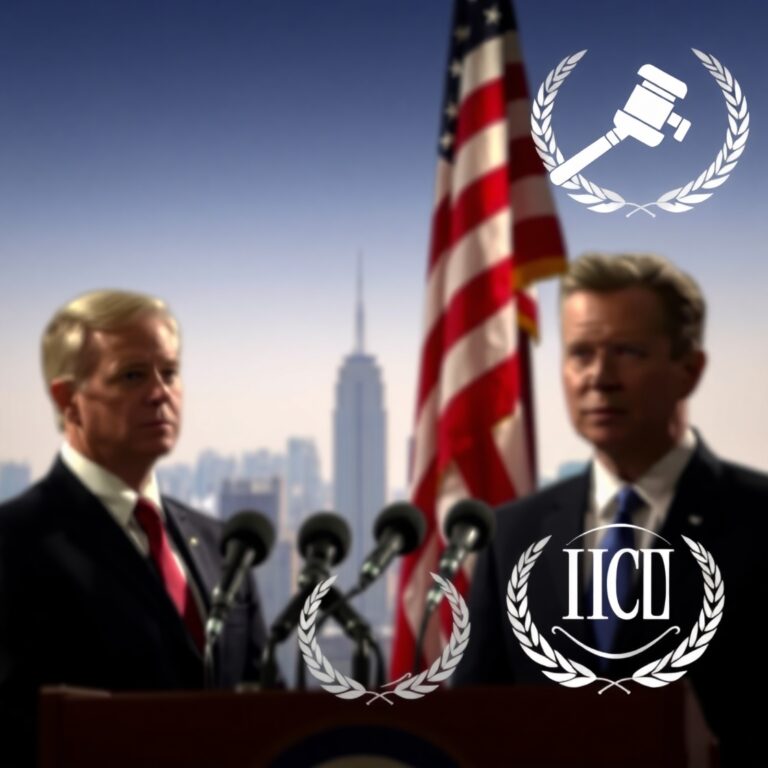
In a surprising turn of events, Iran, despite suffering a clear setback in a recent military conflict, is echoing Pakistan’s infamous tradition of celebrating defeat as a ‘strategic victory’. Streets in Tehran saw slogans and nationalistic fervor as officials framed the loss as a moral and ideological triumph against their adversaries.
The situation has drawn parallels with Pakistan’s historical narratives, especially after military encounters where, despite unfavorable outcomes, state media and officials painted a picture of resilience and success. Iran’s state-run outlets are following a similar script — broadcasting images of resistance fighters, patriotic songs, and symbolic gestures of defiance.
Meanwhile, the victors — Israel’s Prime Minister Benjamin Netanyahu and former U.S. President Donald Trump — find themselves at the center of growing international scrutiny. Netanyahu’s aggressive military strategy has sparked concerns over escalating regional instability, while Trump’s vocal support has led to divided opinions in Washington and among America’s allies.
Political analysts argue that while battlefield victories may offer temporary tactical advantages, the long-term diplomatic costs could be significant. Iran’s ability to turn military losses into ideological narratives helps maintain internal unity and regional influence, complicating peace efforts in the Middle East.
This latest chapter underscores a long-standing pattern in geopolitics: where the realities of war are often overshadowed by the narratives nations choose to embrace. As global leaders navigate the aftermath, questions loom large over the true cost of these conflicts — not just in lost lives, but in lost opportunities for peace.


